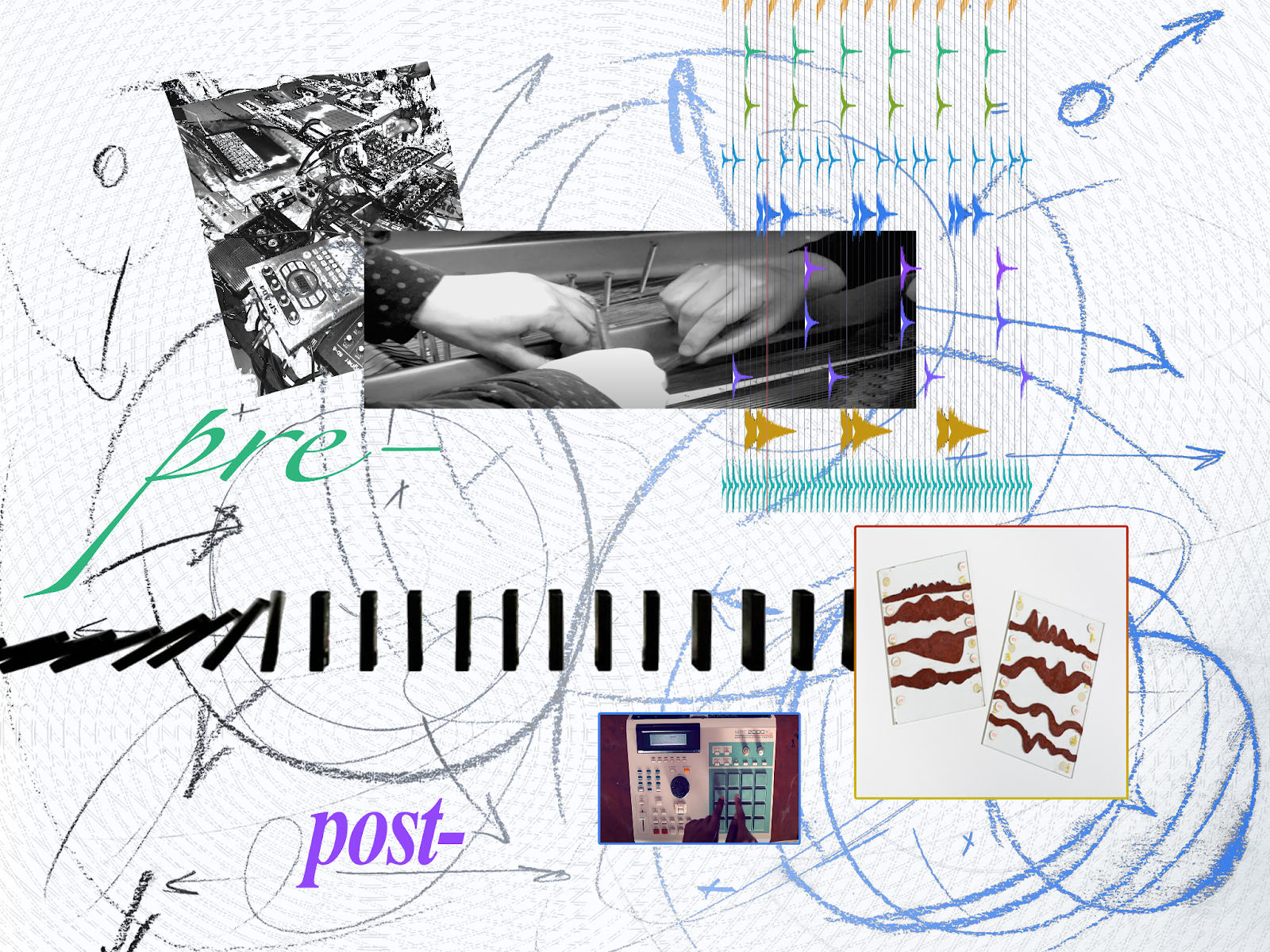Abstract
In 2005, Aida Nadeem produced Out of Baghdad!, a conglomeration of traditional Iraqi instrumentation, audio collection, and experimental vocalization. Nadeem’s work is described as rejecting the restrictions of western ideas of modernity, by utilizing traditional elements in a more contemporary framework. Produced in the aftermath of the 2003 United States-led invasion of Iraq, Nadeem’s work provides the central focus of this paper.
Constructing this paper as an intimate ethnography, the author utilizes personal interviews with close family members who grew up in Iraq to contextualize and ground Nadeem’s compositions, and they are used as a foundation for analysis of Nadeem’s music as being composed within the diaspora. This allows for a more fruitful analysis of how Nadeem’s work utilizes symbols central to life in Baghdad, such as date palms and the sounds of a copper market, to mark her work as indisputably Iraqi — and as she turns those symbols on their head to create something which can fit into the designation of talī‘a (الطّليعة), rather than as the simplified ‘Arab avant-garde’.
The author begins by outlining the term Arab avant-garde, including a discussion of the systematic exclusion of the “Arab” designation in better known avant-garde circles. The author then succinctly describes the contemporary political history of Iraq to highlight the importance of that which is Iraqi in the avant-garde. This framework provides the basis for Nadeem’s background and, in turn, the analysis of a few of Nadeem's compositions from her 2005 album, Out of Baghdad!

This work is licensed under a Creative Commons Attribution-NonCommercial-NoDerivatives 4.0 International License.
Copyright (c) 2025 Leahley Alawi

